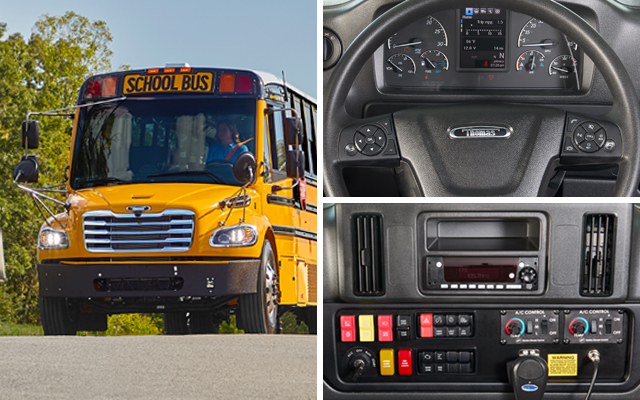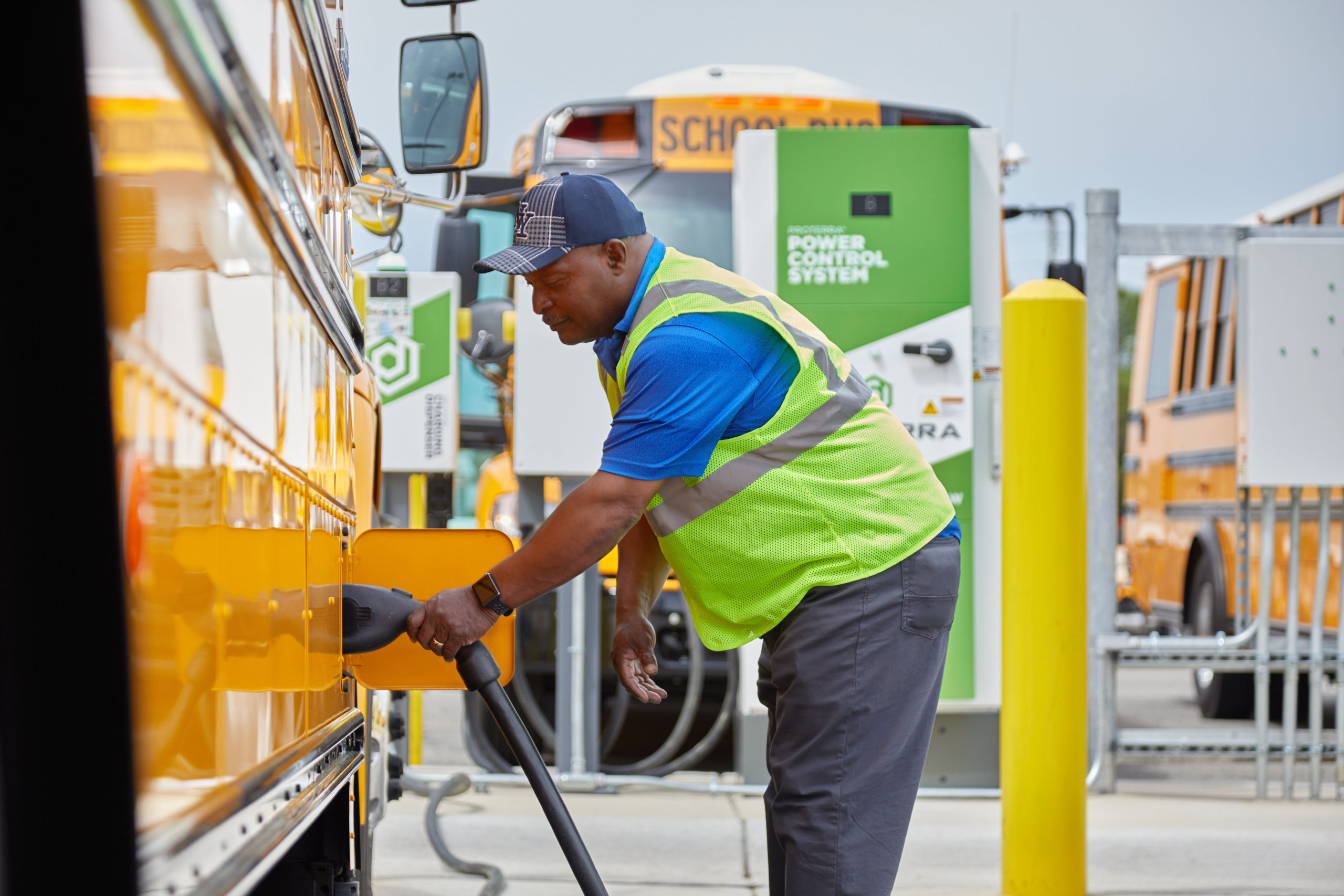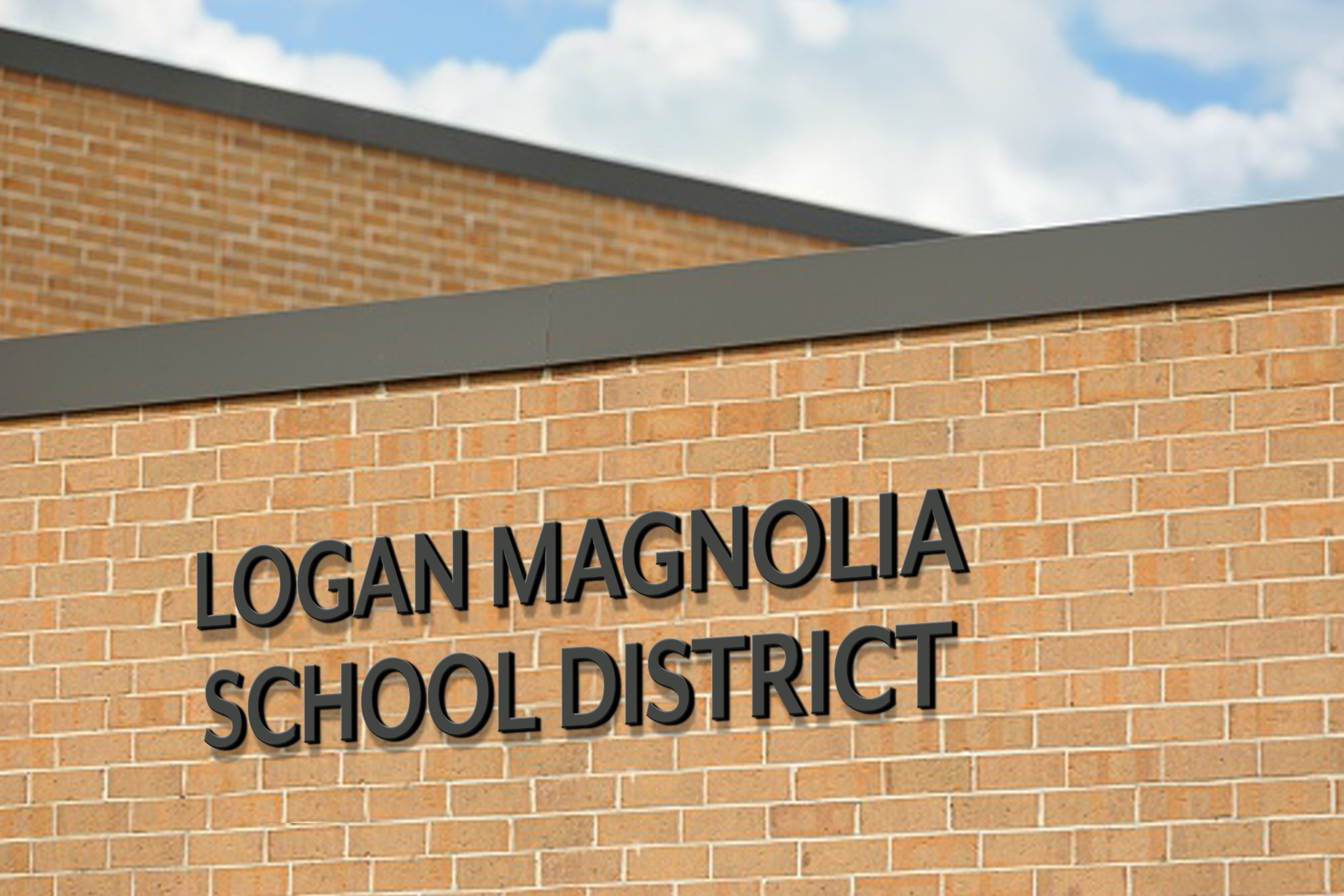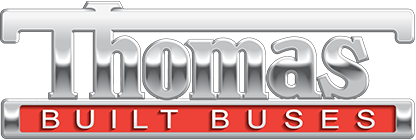
Upgrading the C2’s User-Experience for a New Era of Drivers
Student safety is in the hands of school bus drivers. The more comfortable and confident drivers feel, the more safely they drive.
For the last 20 years, Thomas Built Buses has supplied the industry with advanced electronics engineered with safety prioritized in every detail. Our Saf-T-Liner® C2 was designed…

As electric school buses continue to gain momentum across the U.S. through federal incentives like the EPA’s Clean School Bus Program, school districts are looking for help in transitioning their traditional bus fleets to electric, including building out electric vehicle (EV) infrastructure.
Building and implementing charging infrastructure can be a daunting task, with challenges…

From Kendra Eads, VP of Engineering and Technology at Thomas Built Buses
As we gear up for the back-to-school season, it’s important to recognize the significant advancements in school bus technology that enhance the safety and well-being of our students during their daily journeys.
At Thomas Built Buses, our commitment to safety is evident in our mission and…

(Em)Powering a Greener Future: Logan-Magnolia Community Schools' Journey with Electric School Bus Infrastructure Consulting
In today’s educational landscape, schools across the country are making strides towards embracing sustainable solutions.
A prime example of this is unfolding at Logan-Magnolia Community Schools in Iowa, under the leadership of Kurtis Hinkel, the grounds and transportation director.
Fueled by the vision of transitioning their fleet to electric, the school district recently…
Clean-diesel school bus engines, like the Cummins B 6.7 and the anticipated Detroit™ DD5™ and DD8™ engines, are more fuel-efficient and provide better fuel economy than diesel engines of the past, providing even great fuel cost savings. But this may not be news to you. In fact, diesel has always been and remains the most fuel-efficient engine (due to more BTUs), providing nearly 50 percent better fuel economy and a longer operating range than any other similar-sized gasoline, propane or compressed natural gas (CNG) engines.
Take a look for yourself in the chart below. Diesel provides the best fuel economy in the industry, followed closely by CNG and then by gasoline and propane, which both offer a 50 percent reduction in fuel economy compared to diesel.
| Fuel | Efficiency | Fuel Economy |
|---|---|---|
| Propane (LPG) | Propane offers 66% of the energy efficiency of diesel. It burns at 91,333 BTUs per diesel gallon equivalent (DGE). | Propane reduces fuel economy by nearly 50% compared to diesel. |
| CNG | CNG has excellent fuel efficiency, burning more efficiently than LPG but less efficiently than diesel. CNG provides 91% of the energy efficiency of diesel. It burns at 125,370 BTUs per diesel gallon equivalent (DGE). | CNG typically shows a 1% to 5% reduction in fuel economy compared to diesel. |
| Diesel | Diesel remains the most fuel-efficient fuel choice (due to more BTUs) vs. propane, compressed natural gas and gasoline. Diesel burns at 138,490 BTUs per gallon. | Diesel provides the best fuel economy. |
| Gasoline | Gasoline engines are not as fuel efficient as other fuels. Gasoline burns at 112,114 BTUs/gallon. | Gasoline reduces fuel economy by nearly 50% compared to diesel. |
Given the fact that fuel costs represent more than two-thirds of the typical school bus fleet’s annual operating expense, running a fleet on diesel vs. a less-efficient fuel source can have an extremely positive impact on your budget. In fact, with its overall low cost, efficiency, engine durability and resale value, clean-diesel has a total cost of ownership that can be much lower than propane, gasoline and compressed natural gas when all factors are considered.
For your school district, clean-diesel engines mean cost savings, reliability, proven performance and emissions comparable to or even cleaner than other fuels types based on EPA-regulated emissions.
To learn more about the many benefits of clean-diesel school buses visit our Facts About Fuels page.
